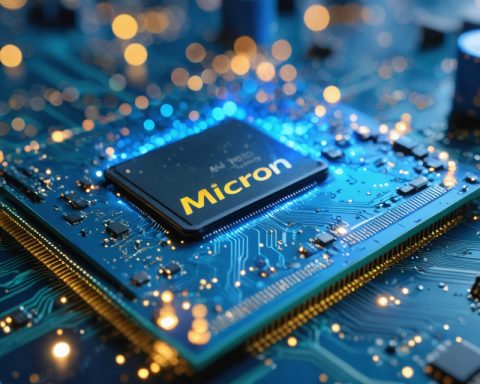OpenAI’s GPT-3 has made significant waves in the technology sector with its powerful language processing capabilities, but one question persists: Is GPT-3 open source? The straightforward answer is no, GPT-3 is not open source. While this might surprise some, understanding the reasons behind this choice reveals much about the nature of AI development today.
Unlike its predecessor, GPT-2, which was initially withheld from the public due to concerns about misuse before eventually being released in its entirety, GPT-3 remains a proprietary model. The decision to keep GPT-3 closed stems from several factors. Primarily, the enormous computational resources required to train and maintain GPT-3 make it inaccessible for open-source platforms. Moreover, its deployment involves significant infrastructure that extends beyond the reach of typical open-source projects.
Another factor is the potential for misuse. With greater power comes greater responsibility, and GPT-3’s abilities include generating coherent, human-like text that could be used inappropriately if fallen into the wrong hands. By keeping GPT-3 proprietary and providing access through an API, OpenAI can exercise some control over its application, mitigating potential risks.
However, OpenAI remains committed to the spirit of open science. They have released detailed research papers describing GPT-3’s architecture and functioning, allowing researchers worldwide to learn from their work. Furthermore, OpenAI maintains its dedication to transparency and ethical AI usage by engaging the community in discussions about safety and policy.
In conclusion, while GPT-3 itself is not open source, OpenAI’s commitment to collaborative progress ensures that the knowledge surrounding it benefits the broader community.
The Hidden Impacts of GPT-3’s Proprietary Nature: What You Didn’t Know
While GPT-3’s proprietary nature might sound like a protective measure, the consequences of limiting access to such an advanced AI system extend beyond mere control. One crucial aspect often overlooked is the inequality in AI development it perpetuates among countries and communities. By keeping GPT-3 closed, access to this revolutionary technology is primarily restricted to those who can afford it or have the academic connections to collaborate directly with OpenAI.
This raises the question: how does limited accessibility affect global technological advancement? Countries with fewer resources and emerging industries may find themselves at a disadvantage, unable to leverage a cutting-edge tool for innovation and problem-solving. This could widen the gap between technologically advanced nations and those still developing their infrastructures.
Controversially, some argue that restricting access stifles creativity and the potential for grassroots innovations. Open-source models have historically led to unexpected breakthroughs due to the diverse range of contributors who use and improve them. The limited access to GPT-3 restricts the number of developers who can experiment and push the boundaries of what such AI can achieve.
Additionally, the ecosystem of competition suffers. When one company holds the keys to such powerful technology, it can stifle competitive development and innovations from other firms who might use the technology differently if they had more unrestricted access.
For those interested in learning more about AI and OpenAI’s work, visit the OpenAI website.








